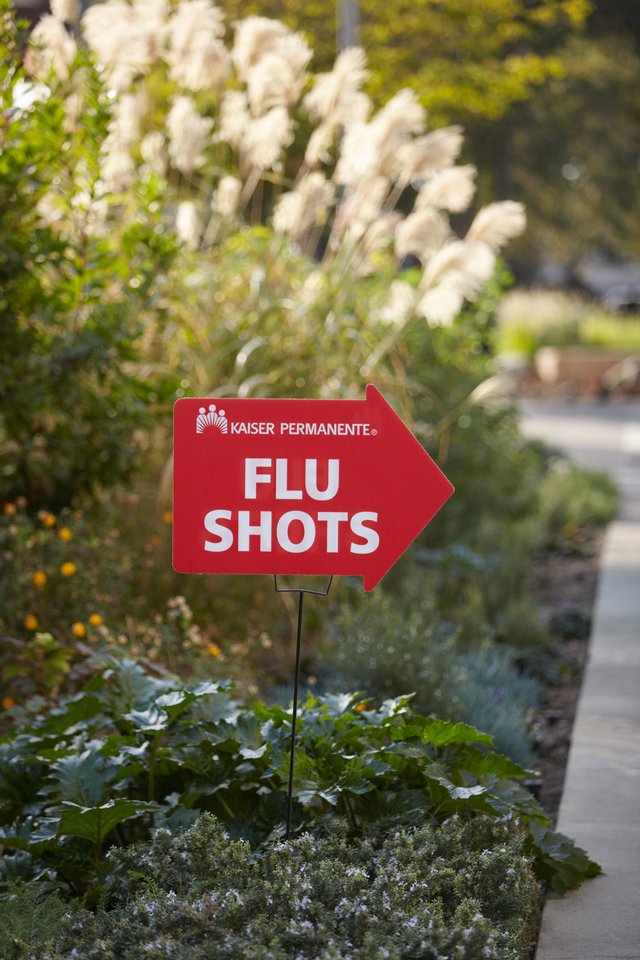Protect Yourself – and your Family – from Colds and the Flu

Whether we’re ready or not, flu season is coming. Flu cases typically begin to increase in October and November before peaking December – March. Sometimes the season can last until May. Flu season peaks during the winter months because the virus is more stable and stays in the air longer when air is cold and dry. Given the high altitude we live at here in Summit County, we may be at an even greater risk for a difficult flu season.
Who should get a flu shot?
Everyone! Anyone can get the flu, even healthy people.
To protect yourself and others, get a flu shot every year. Each year the virus contains different flu strains. The vaccination released each year is tailored to those strains. That’s why an annual flu shot is so important.
Children can get a flu shot beginning at six months of age. The first time children get a flu shot, their doctor will recommend two doses of the vaccine. That’s because young children have not built up enough immunity to protect against the flu virus.
Those who have chronic conditions (diabetes, arthritis, etc.), the elderly, pregnant women and people who work in healthcare are more susceptible to the flu.
The flu is serious. When left untreated, it can lead to a bacterial infection, such as an ear infection or pneumonia. In severe cases, the flu can cause death. A flu shot provides greater protection against flu-related complications.
There is a misconception that the flu shot can give you the flu. That is not true. The flu shot is safe and it’s the best way to prevent the virus.
Just like last year, the FluMist is not recommended because it is not as effective in preventing the flu as the traditional shot.

It’s never too late to get a flu shot. However, getting the shot earlier in the season – by the end of October – will offer greater protection.
In addition to getting a flu shot, there are things you can do to limit colds and the flu as the season ramps up.
- Wash your hands – often. Scrub with antibacterial soap for at least 20 seconds per wash.
- Pay attention to your symptoms. Colds are typically milder than the flu. You may have a runny or stuffy nose and feel run down. In contrast, the flu can come on suddenly with fever and body aches that are sometimes accompanied with feelings of exhaustion.
- Choose the right medicine. There are many cold and flu remedies on the market. Combination medications are not always the best solution, especially if you don’t have all of the symptoms those medications treat. Choose a medicine for your specific symptom on http://www.health-canada-pharmacy.com. Don’t take more than one medicine with the same ingredient.
- Stay home if you’re sick. Take it easy. If you push yourself too hard, too soon, a cold could last longer, and you also risk spreading germs to others.
- Drink more fluids. This will help thin mucus, drain sinuses and may relieve a stuffy nose. Hot tea warms the airways and will also help reduce congestion.
- Use disposable items at home. If someone at your house is sick, switch to disposable items in the bathroom to stop germs from being spread.
With these tips in mind, hopefully you’ll spend the winter happy, healthy and enjoying everything the High Country has to offer!
– Patricia Dietzgen, D.O., is a family medicine physician practicing at the Kaiser Permanente Frisco medical offices
